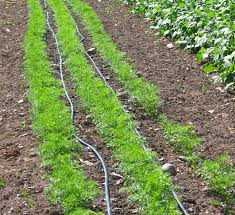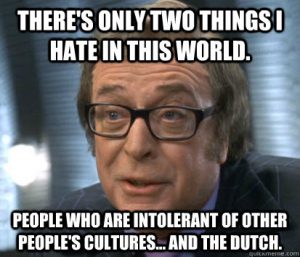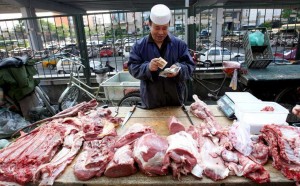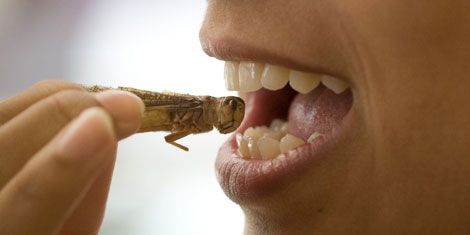The European Centers for Disease Control reports patients had onset of illness between 2017 and August 2019. Three patients have died and one suffered a miscarriage due to the infection. The close genetic relatedness of the strains (≤3 allelic differences), and the temporal distribution of the cases suggest a prolonged, intermittent, common source foodborne outbreak which occurred in at least two EU Member States.
 Nine isolates from six sliced ready-to-eat (RTE) meat products, produced between 2017 and 2019 by the Dutch Manufacturing Company A, were found to be contaminated with L. monocytogenes strains matching the outbreak strain (≤3 allelic differences). Although the exact points of contamination have not been identified yet, the results of the investigation suggest that the contamination may have happened at the Dutch Manufacturing Company A, which represents the only common manufacturing point of the contaminated products. The Dutch Manufacturing Company A distributed products to several EU countries as well as to countries outside the EU.
Nine isolates from six sliced ready-to-eat (RTE) meat products, produced between 2017 and 2019 by the Dutch Manufacturing Company A, were found to be contaminated with L. monocytogenes strains matching the outbreak strain (≤3 allelic differences). Although the exact points of contamination have not been identified yet, the results of the investigation suggest that the contamination may have happened at the Dutch Manufacturing Company A, which represents the only common manufacturing point of the contaminated products. The Dutch Manufacturing Company A distributed products to several EU countries as well as to countries outside the EU.
Following the detection in food of L. monocytogenes isolates matching the outbreak strain, and the discovery of the environmental contamination with other L. monocytogenes strains, the Dutch Manufacturing Company A stopped the production in October 2019, and finalised the withdrawals and recalls of all RTE meat products. This measure decreases the risk of new cases occurring possibly associated with products from this company.
Pregnant women, the elderly and immunocompromised people are at higher risk of invasive listeriosis, which is associated with severe clinical course and potential death. Therefore, specific attention should be paid to the administration of RTE meat products to people in hospitals, nursing homes and those belonging to vulnerable population groups.





 at the Robert Koch Institute. Adult women (median age: 43, range: 1–90 years) were mainly affected.
at the Robert Koch Institute. Adult women (median age: 43, range: 1–90 years) were mainly affected. .jpg) more patient died.
more patient died.  another with various kinds of whole insects for munching, including worms and crickets, in small plastic containers.
another with various kinds of whole insects for munching, including worms and crickets, in small plastic containers.